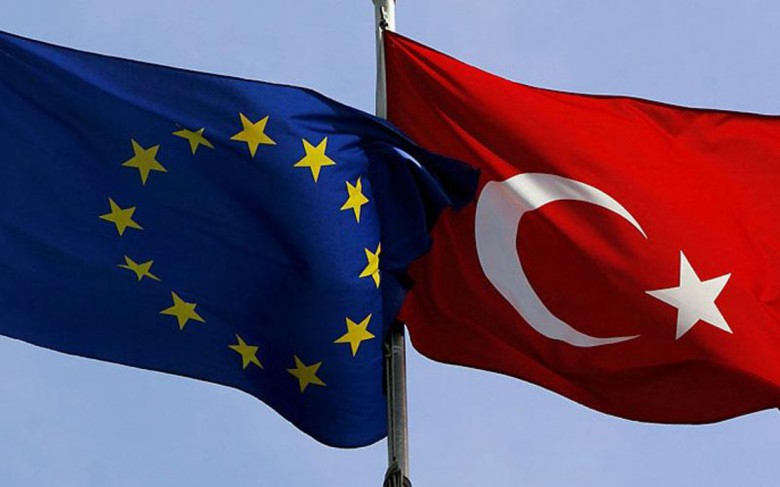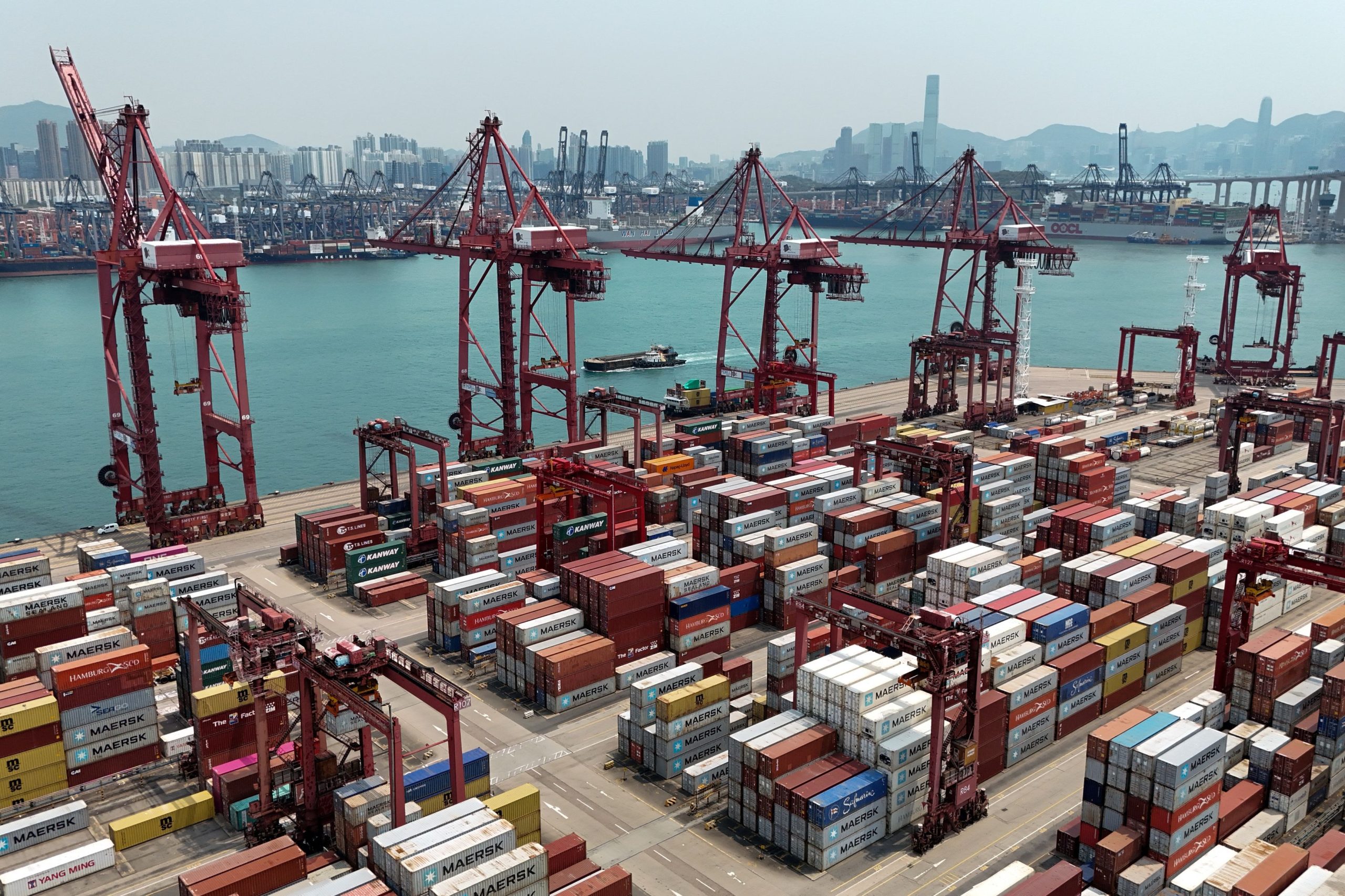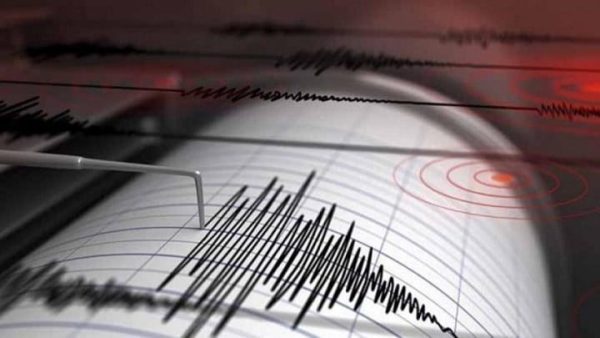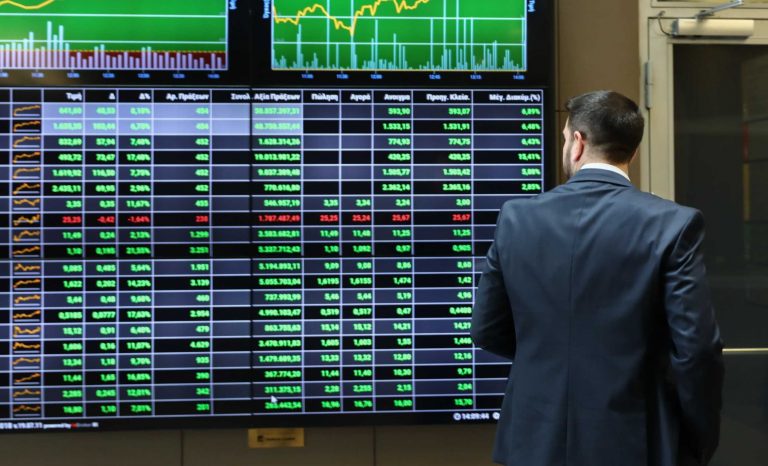After praising the Greek economy, as being among the fastest growing economies in the Eurozone, Finance Minister Christos Staikouras, in a statement after his meeting with the Executive Vice-President of the Commission Margaret Vestager, he called for European solutions to the energy crisis.
He pointed out, however, that the current situation of sky-rocketing energy costs and inflation is historic and the challenges that lie ahead are great, complex and supranational.
“No European Member State alone can tackle this new crisis effectively. That is why European, drastic and decisive political solutions are needed,” he said. The minister noted that such solutions will determine the present and the future of Europe incorporating the lessons of old and new experiences an will augment cohesion and common goals within the block.
Vestager: What Greece has achieved is an inspiration for Europe
“What Greece has achieved is an inspiration not only for Greece, but also for Europe and the eurozone,” said Ms. Vestager.
She also praised the successful completion of the assessments of the Greek economy, the completion of the enhanced supervision and the recovery of the economy after the pandemic, noting that it was a painful process and that the current strong economic position was because of the sacrifice of so many Greeks that should be recognized by all.
Support
The Minister also said that the contribution of the Vice President of the Commission in the effective support of the Greek economy during the outbreak of the pandemic was essential, as the Provisional Framework of the European Commission for state aid measures, was a valuable tool and guide in Greek efforts to mitigate its economic impact. Under this, he added, the Greek authorities have already introduced about 70 meters of state aid, with a total budget of over 22 billion euros
The consequences
Mr Staikouras said Europe was facing the consequences of the war in Ukraine in the field of economy that are mainly reflected in the acute energy crisis and the spike in inflation, which severely affects national and family budgets, triggering upheavals and uncertainties and halting the growth dynamics of European economies.
The Minister also noted that almost all the important goals that were set for the economy have been met as reflected in the of the Eurogroup decision in Luxembourg for the exit of Greece from the Enhanced Surveillance regime and its return after 12 years to European normalcy.
The course of the economy
Mr. Staikouras also gave an extensive report on the course of the economy to date and the next steps, noting that:
– GDP will continue to grow at a high rate, amounting to 7% on an annual basis in the first quarter of 2022, significantly higher than the European average, climbing to a decade high, in terms of volume. At the same time, the composition of GDP is improving, as much of this growth is based on significant investment and exports.
-In addition, the significant decline in unemployment continues, especially among young people and women, public debt is declining significantly and the fiscal balance is gradually being restored.
– The government pursues responsible, reformist and dynamic economic policy, with the main pillars being fiscal responsibility, reformist consistency and development orientation. In this context, we continue in the current -very difficult- situation, to support households and businesses, while ensuring the stability of public finances.
– Chronic problems of public companies, such as LARCO, Skaramagas and Elefsina Shipyards, ELVO, are being addressed with special emphasis on the areas of green and digital transition.
– Of particular importance in this direction is the rapid and efficient utilization of the resources of the Recovery and Resilience Fund. Greece is already recording significant steps in this field, as 230 projects, with a total budget of 10.2 billion euros, have been included and will be implemented under “Greece 2.0”.











![Οι αλλαγές που υπάρχουν στα φορολογικά έντυπα για τα εισοδήματα του φορολογικού έτους 2024 από ακίνητα [Γ’ Μέρος]](https://www.ot.gr/wp-content/uploads/2025/03/akinita.jpeg)










